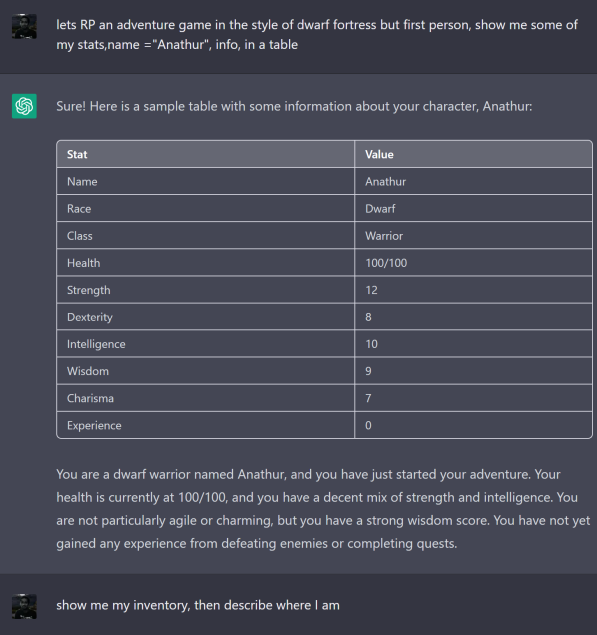The Risks and Rewards of Artificial Intelligence 🤖
Artificial intelligence (AI) has the potential to bring about significant benefits for society. It can help to improve decision-making, increase efficiency, and reduce the workload of humans.
One way in which AI can be particularly useful is in the healthcare industry. AI algorithms can analyze large amounts of data and provide accurate diagnoses and treatment recommendations. This can help to reduce the workload of doctors and other healthcare professionals, allowing them to focus on more complex tasks. Additionally, AI can help to identify patterns in healthcare data that might not be apparent to humans, leading to new insights and discoveries.
AI can also be used to improve transportation and logistics. Self-driving vehicles, for example, have the potential to reduce accidents and improve traffic flow. Similarly, AI can be used to optimize supply chain management, leading to more efficient and cost-effective distribution of goods.
AI can also be used to improve education. For example, personalized learning algorithms can adapt to the unique needs and abilities of individual students, providing tailored instruction that can help to improve student outcomes. Additionally, AI can be used to analyze student data and provide insights to educators, helping them to identify areas where students might be struggling and develop strategies to support their learning.
Despite these potential benefits, it is important to recognize that AI also has the potential to pose risks to society. It is important to carefully consider these risks and to develop appropriate policies and regulations to mitigate them.
One way in which AI can be particularly useful is in the healthcare industry. AI algorithms can analyze large amounts of data and provide accurate diagnoses and treatment recommendations. This can help to reduce the workload of doctors and other healthcare professionals, allowing them to focus on more complex tasks. Additionally, AI can help to identify patterns in healthcare data that might not be apparent to humans, leading to new insights and discoveries.
AI can also be used to improve transportation and logistics. Self-driving vehicles, for example, have the potential to reduce accidents and improve traffic flow. Similarly, AI can be used to optimize supply chain management, leading to more efficient and cost-effective distribution of goods.
AI can also be used to improve education. For example, personalized learning algorithms can adapt to the unique needs and abilities of individual students, providing tailored instruction that can help to improve student outcomes. Additionally, AI can be used to analyze student data and provide insights to educators, helping them to identify areas where students might be struggling and develop strategies to support their learning.
Despite these potential benefits, it is important to recognize that AI also has the potential to pose risks to society. It is important to carefully consider these risks and to develop appropriate policies and regulations to mitigate them.
One major risk is the potential for AI to perpetuate or amplify existing biases. If the data used to train AI algorithms is biased, the resulting AI system will also be biased. This can lead to unfair and discriminatory outcomes in areas such as hiring, lending, and sentencing. It is important to carefully consider the data used to train AI systems and to take steps to mitigate potential biases.
Another risk is the potential for AI to take over certain tasks or even entire jobs, leading to unemployment and economic disruption. While this shift may bring about some benefits in terms of efficiency, it is important to consider the impacts on workers and to develop policies and strategies to mitigate these negative effects.
There is also the risk of AI being used for malicious purposes, such as cyberattacks or the spread of misinformation. It is important to address these risks through appropriate regulations and security measures.
Overall, AI has the potential to bring about significant benefits for society, but it is important to approach its development and deployment with caution and care. By carefully considering the risks and benefits of AI, we can ensure that it is used in a way that benefits society as a whole.
Another risk is the potential for AI to take over certain tasks or even entire jobs, leading to unemployment and economic disruption. While this shift may bring about some benefits in terms of efficiency, it is important to consider the impacts on workers and to develop policies and strategies to mitigate these negative effects.
There is also the risk of AI being used for malicious purposes, such as cyberattacks or the spread of misinformation. It is important to address these risks through appropriate regulations and security measures.
Overall, AI has the potential to bring about significant benefits for society, but it is important to approach its development and deployment with caution and care. By carefully considering the risks and benefits of AI, we can ensure that it is used in a way that benefits society as a whole.
--ChatGPT



Comments
Post a Comment